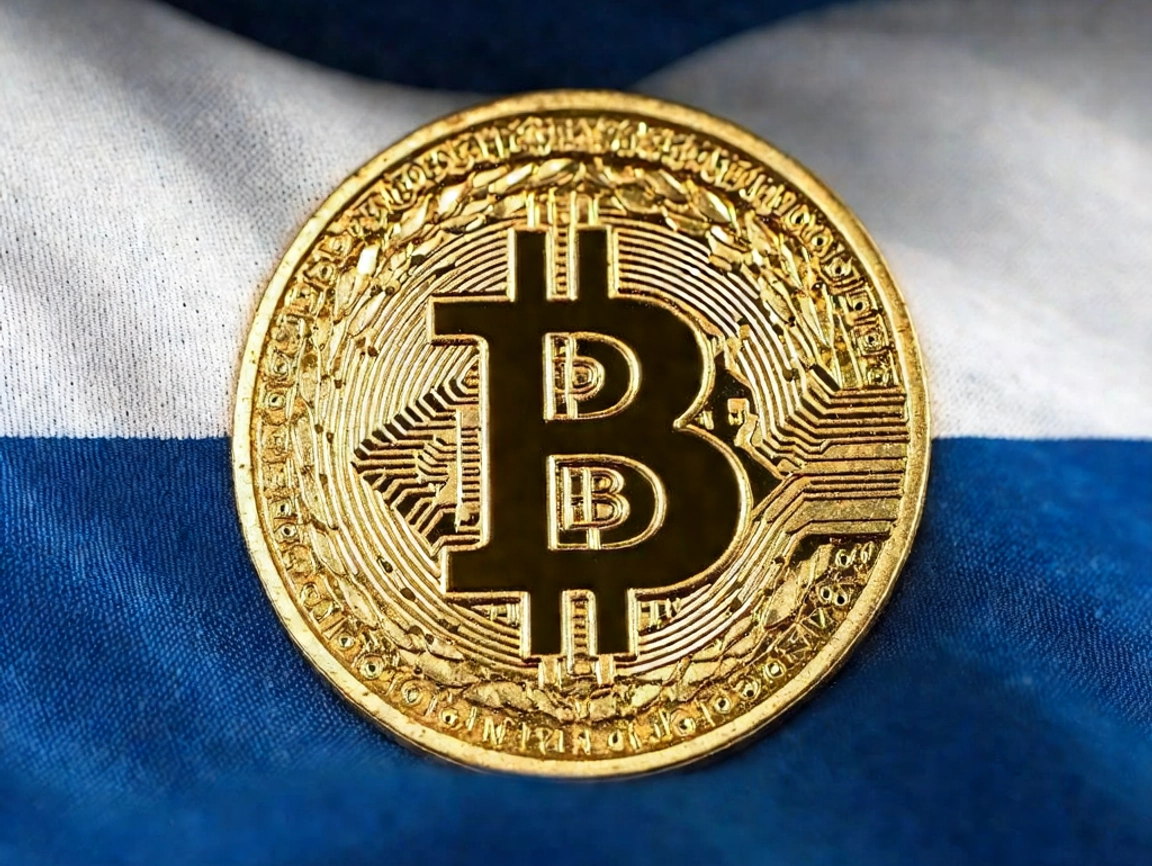Top Insights
IMF Forces El Salvador to Ditch Bitcoin as Legal Tender

El Salvador, the first country to adopt Bitcoin as legal tender in 2021, has reversed this decision following pressure from the International Monetary Fund (IMF). The shift marks a significant development in the nearly four-year experiment with cryptocurrency, raising questions about the outcomes and challenges faced during this period.
The Background of El Salvador’s Bitcoin Adoption
In 2021, El Salvador passed a law making Bitcoin legal tender, mandating its acceptance for transactions alongside the U.S. dollar, which had been the official currency since 2001. The government launched the Chivo wallet, a mobile app designed to facilitate Bitcoin transactions, offering a $30 Bitcoin incentive to encourage downloads. However, public reception was lukewarm, with only 15% of Salvadorans expressing trust in Bitcoin and 70% opposing its adoption.
Despite President Nayib Bukele’s efforts to promote Bitcoin, many Salvadorans protested the law, highlighting issues such as a lack of merchant readiness to accept Bitcoin and the currency’s volatility. Additionally, many citizens remained unbanked and preferred cash transactions.
Results of the Bitcoin Experiment
The nearly four-year period of Bitcoin as legal tender produced largely negative results. While there was a modest increase in tourism—20% more visitors in 2024 compared to the previous year—Bitcoin failed to function as an inflation hedge. The currency’s volatility and technical issues with the Chivo wallet diminished public confidence.
A significant portion of the population remained disengaged, with 92% of Salvadorans not using Bitcoin for transactions by 2024. Furthermore, Bitcoin accounted for only 1.3% of remittances in 2023, and a 2022 survey showed that 86% of businesses had no Bitcoin transactions.
The law’s timing was also problematic; it was enacted just before a major downturn in the crypto market, leading to further skepticism among the public.
Conclusion of the Bitcoin Policy
Since 2022, the IMF has pressured El Salvador to revise its Bitcoin law. On January 30, 2025, the Salvadoran Congress agreed to remove Bitcoin’s legal tender status as a condition for a $1.4 billion IMF loan. While businesses can now choose whether to accept Bitcoin, it will no longer be accepted for government payments or taxes.
Although the exact implications of this policy shift are still being determined, the IMF loan will be disbursed over 40 months, suggesting a long-term decline in Bitcoin’s role in the country.
Despite the change in policy, the Salvadoran government has maintained a pro-crypto stance, recently purchasing a total of 12 BTC, bringing its reserves to 6,068 BTC, valued at over $592 million.















Leave a comment